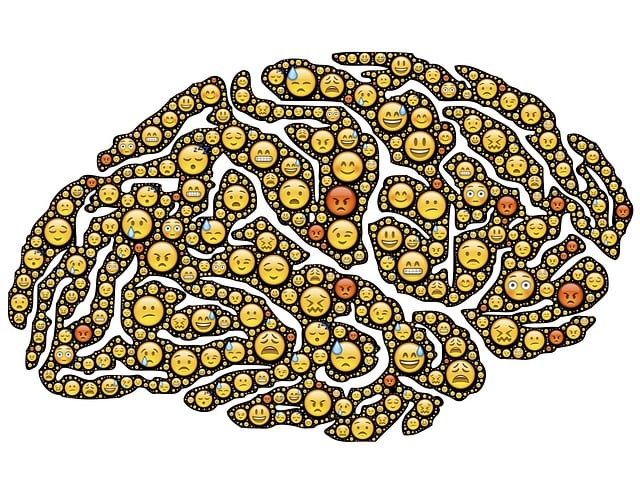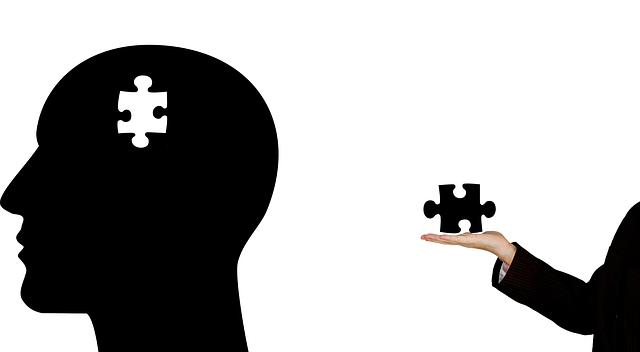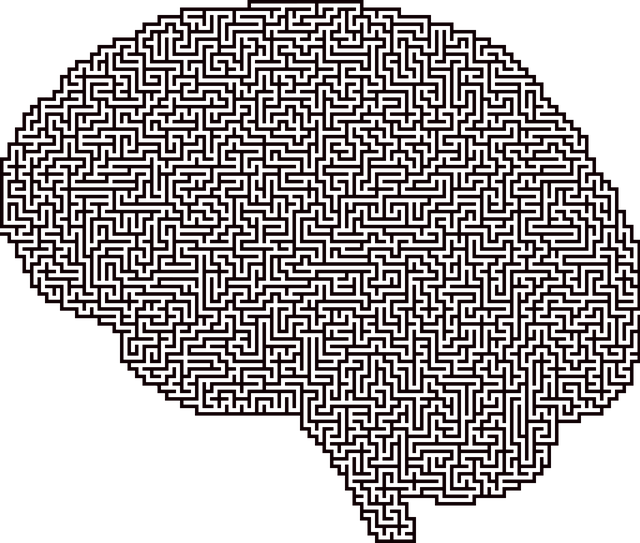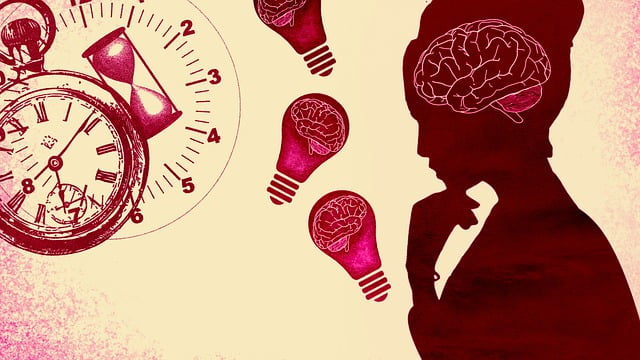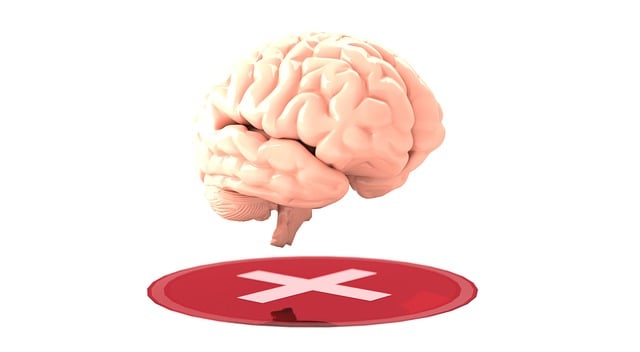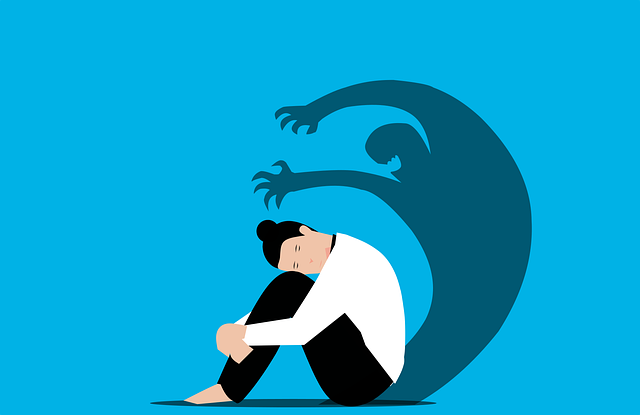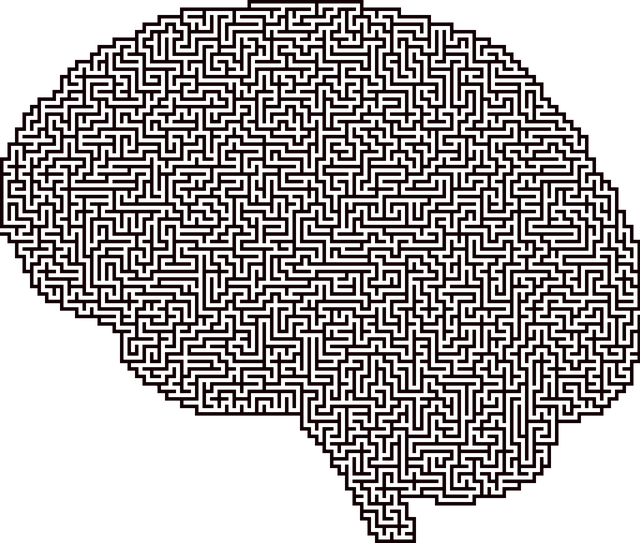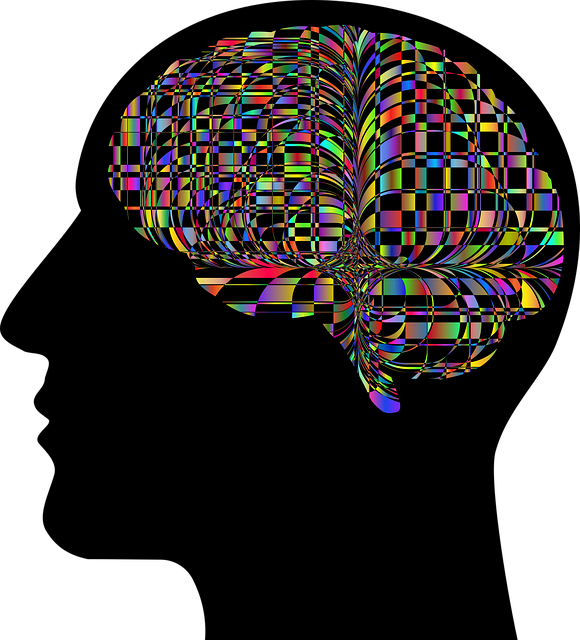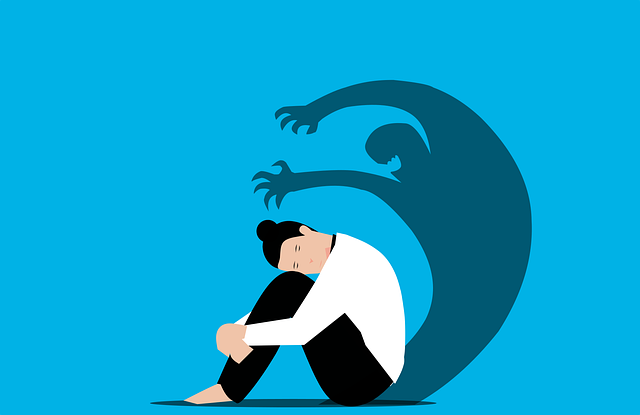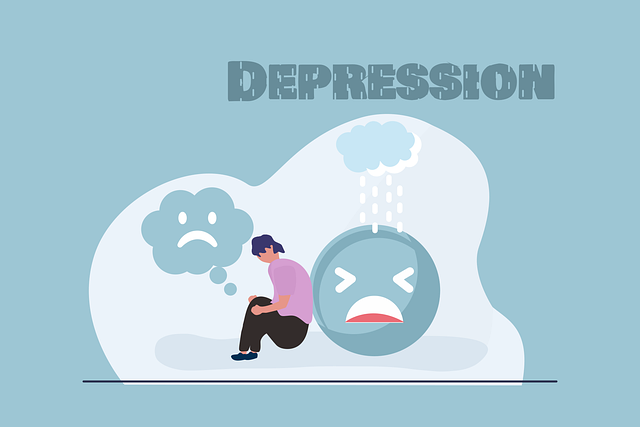Stress management is a crucial component of successful therapy for ADD-ADHD, addressing unique challenges like focus difficulties, emotional regulation, and overwhelm. Integrating techniques such as mindfulness exercises, structured routines, and Cognitive Behavioral Therapy (CBT) empowers individuals to navigate stress, reduce Mental Illness Stigma, and enhance overall well-being. Mindfulness practices and Emotional Intelligence (EI) coaching, when combined with CBT, provide a powerful toolkit for managing daily stressors and improving focus and productivity.
Stress management is a crucial aspect of living with Attention Deficit Disorder (ADD) or Attention Deficit Hyperactivity Disorder (ADHD). This article delves into understanding the unique impact of stress on individuals with ADD-ADHD and offers practical, effective techniques to manage it. From identifying stress triggers to integrating therapeutic practices into daily routines, we explore strategies that can enhance overall well-being for those navigating the challenges of ADD-ADHD. Discover how therapy can be a powerful tool in managing stress and improving focus.
- Understanding Stress and Its Impact on ADD-ADHD
- Effective Stress Management Techniques for Individuals with ADD-ADHD
- Integrating Stress Therapy into Daily Routines for Enhanced Well-being
Understanding Stress and Its Impact on ADD-ADHD

Stress is a common experience for many individuals, but its impact can be especially significant for those living with Attention Deficit Disorder (ADD) or Attention Deficit Hyperactivity Disorder (ADHD). These conditions often come with unique challenges that make managing stress and anxiety different from the general population. For instance, individuals with ADD-ADHD might struggle with focusing on stressful tasks, feeling overwhelmed more easily, or having difficulty regulating their emotions in response to stressors.
Understanding these complexities is crucial when considering therapy for ADD-ADHD. Many effective therapeutic approaches integrate stress management techniques as a key component of treatment plans. By teaching self-care practices tailored to the individual’s needs, therapists can empower those with ADD-ADHD to better navigate stressful situations. This may include strategies such as mindfulness exercises, structured routines, and cognitive behavioral therapy (CBT), all of which contribute to Mental Illness Stigma Reduction Efforts by promoting resilience and improving overall well-being.
Effective Stress Management Techniques for Individuals with ADD-ADHD

For individuals with Attention Deficit Hyperactivity Disorder (ADD-ADHD), managing stress effectively is a vital part of their overall well-being and quality of life. Traditional therapy for ADD-ADHD often incorporates strategies tailored to address impulsivity, hyperfocus, and time management challenges. Cognitive Behavioral Therapy (CBT) is particularly effective in teaching individuals with ADD-ADHD how to recognize and reframe negative thoughts, leading to better emotional regulation and stress reduction.
Integrating Mind Over Matter principles into their routines can empower people with ADD-ADHD to take control of their mental wellness. This involves cultivating mindfulness practices, such as meditation and deep breathing exercises, which help center the mind and reduce impulsive reactions. Additionally, Emotional Intelligence (EI) development through coaching programs equips individuals with the skills to understand and manage their emotions, fostering a more balanced and resilient mindset. These techniques combine to create a powerful toolkit for navigating life’s stressors, promoting better focus, increased productivity, and enhanced overall mental wellness.
Integrating Stress Therapy into Daily Routines for Enhanced Well-being

Integrating stress therapy into daily routines can significantly enhance overall well-being and mental health. For individuals with Attention Deficit Disorder (ADD) or Attention Deficit Hyperactivity Disorder (ADHD), this approach becomes even more crucial. Therapy for ADD-ADHD often focuses on developing coping mechanisms to manage heightened stress levels, which are common due to the neurodevelopmental nature of these conditions. By incorporating techniques like mindfulness meditation and deep breathing exercises into their regular schedules, individuals can effectively navigate daily challenges and promote mental wellness.
Mental Wellness Coaching Programs Development plays a pivotal role in this process by providing structured support. These programs guide participants through personalized strategies tailored to their unique needs. For healthcare providers facing burnout prevention strategies, integrating stress therapy into their routines is not only beneficial for their own mental health but also improves patient care. This holistic approach ensures a balanced lifestyle, enabling individuals to thrive and maintain resilience in the face of daily stressors.
Stress management techniques play a pivotal role in improving the quality of life for individuals with ADD-ADHD. By understanding the impact of stress and integrating effective strategies into daily routines, those affected can gain better control over their symptoms. Customized therapy for ADD-ADHD, combining mindfulness, cognitive behavioral therapy, and structured routines, offers a holistic approach to enhancing well-being. With consistent practice, these techniques can help navigate life’s challenges more effectively, fostering resilience and overall mental health.
